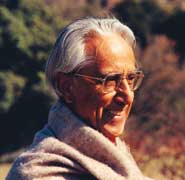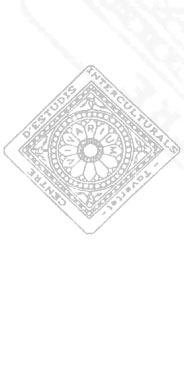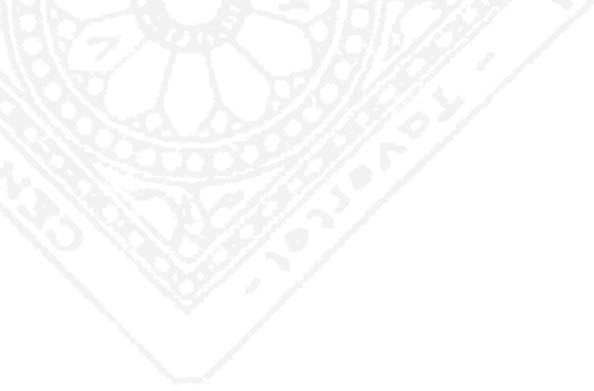




Philosophy and Theology, an a-dualistic relationship
“Philosophy must be, above all, the “wisdom of love … Not by logos alone can one live, but only by the mystic experience can one live to God” (“Philosophy as lifestyle”).
“The separation of philosophy and theology is deadly to both of them. It is fitting to distinguish them, but they cannot be separated. Their relationship is not dualistic, but rather a-dualistic, advaita (Mort i resurreció de la teologia, Vic 2002).
Panikkar recognizes the distinction between Philosophy and Theology, the one, thinking based on reason, and the other on that which takes into account religious faith. He also is well acquainted with the historical battles between faith and reason. However, a fundamental conviction that is the backbone of all his theological thinking is that the separation between Philosophy and Theology is artificial and even pernicious for both of them. The necessary resurrection of philosophy and theology can only come about through a new meeting of the two.
Furthermore, it is necessary to keep in mind Panikkar’s conception that philosophy is, above all, the “wisdom of love”. We need, therefore, “a wisdom at once divine and human”. Indeed, humanity has seen it in this way since antiquity; but the harmony has rarely been achieved. The equilibrium has been displaced toward dehumanizing theocentrisms or toward degrading anthropocentrisms … The philosopher is a lover of wisdom because he participates in the wisdom of love ... he has not sundered love from knowledge nor subordinated one to the other” (La experiencia filosófica de la India). For much of time humanity searched for ultimate truth with its entire being, without making distinctions between philosophy and theology, but later a process of discrimination and gradual splitting came about. The harmonious union between reason and faith is what gives rise to an authentic philosophy and an authentic theology.
For RP faith and reason must again be integrated in a complementary fashion in the West. It may be that this discrimination between faith and reason was necessary, but the confrontation has been harmful and destructive to both, since the autonomous development of both lines of knowledge was coupled with a negative disintegration. Panikkar feels that this corruption has affected theology, now conceived of as a pure “science”, a dialectical deduction of conclusions starting from a revelation set in advance: in this way, it has lost its true sapient (knowledge-based) perspective. Reason and faith, philosophy and theology need to once again travel together in search of a true wisdom with neither supplanting the other, but rather harmoniously complementary.
official site